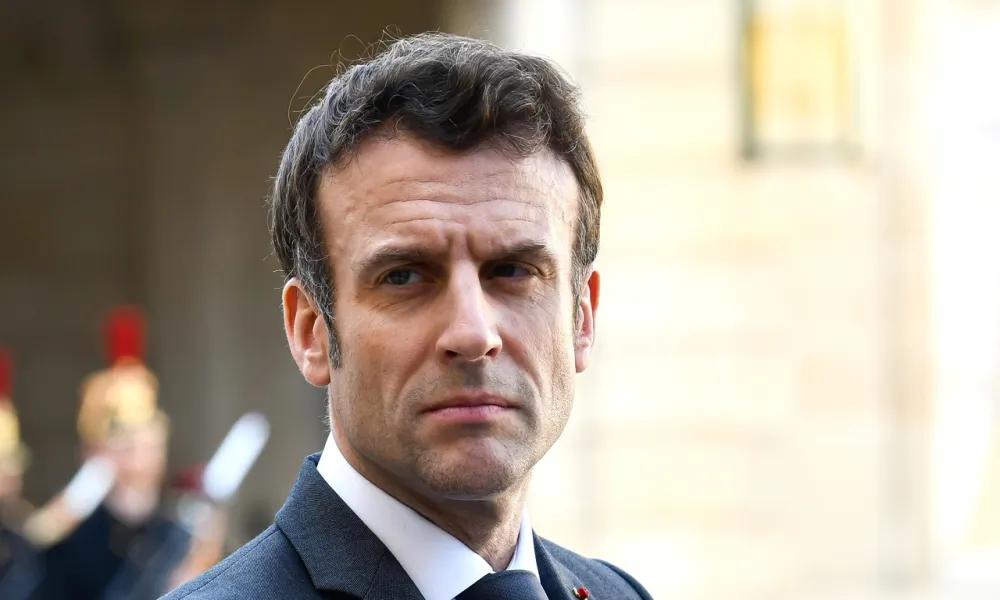France’s economy has been thrown into fresh uncertainty after Prime Minister Francois Bayrou unexpectedly announced a confidence vote for September 8, a move that Reuters says could bring down the minority government and plunge the euro zone’s second-largest economy deeper into crisis.
Opposition parties have already vowed to oust Bayrou, who called the vote to pre-empt a no-confidence motion expected later this year over his proposed 2026 budget squeeze. His plan, which includes freezing public spending and even scrapping two public holidays, has drawn fire across the political spectrum despite broad agreement that France’s debt and deficit are dangerously high.
Business leaders warned on Wednesday that the political standoff risks undercutting consumer confidence and growth. Alexandre Bompard, CEO of Carrefour, told a business conference that “the more uncertainty there is, the higher the risk of a strong hit on the economy as consumers postpone their spending decisions.” France grew 0.3% in the second quarter, mostly thanks to household consumption, which economists now warn could falter.
Patrick Martin, head of the Medef employers’ group, said he was “appalled” that politicians were playing with the economy. Markets have already reacted, with Bayrou’s announcement sparking a selloff in French bonds and narrowing the spread with Italian yields, according to Reuters.
Polls show widespread discontent with the government. Surveys conducted after Bayrou’s move found a majority of French citizens want new parliamentary elections, while two-thirds said President Emmanuel Macron should resign if the prime minister loses the vote. Support for the far-right National Rally leading the next government reached 41% in one poll, the highest of any party.
For now, Macron has ruled out resigning or dissolving parliament. Government spokeswoman Sophie Primas said on Wednesday that the president continues to back Bayrou’s strategy, though analysts caution that either outcome, replacing the prime minister or holding snap elections, would extend the current instability.
France’s debt has risen to nearly 114% of GDP, with a deficit almost double the EU’s 3% limit. Protests are already planned for September 10, just two days after the confidence vote, adding further pressure to Macron’s government as it struggles to restore credibility at home and abroad.
Reporting by Reuters
